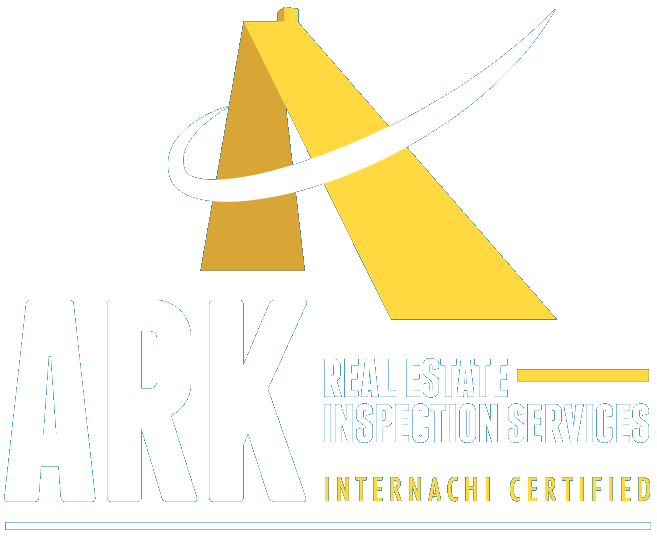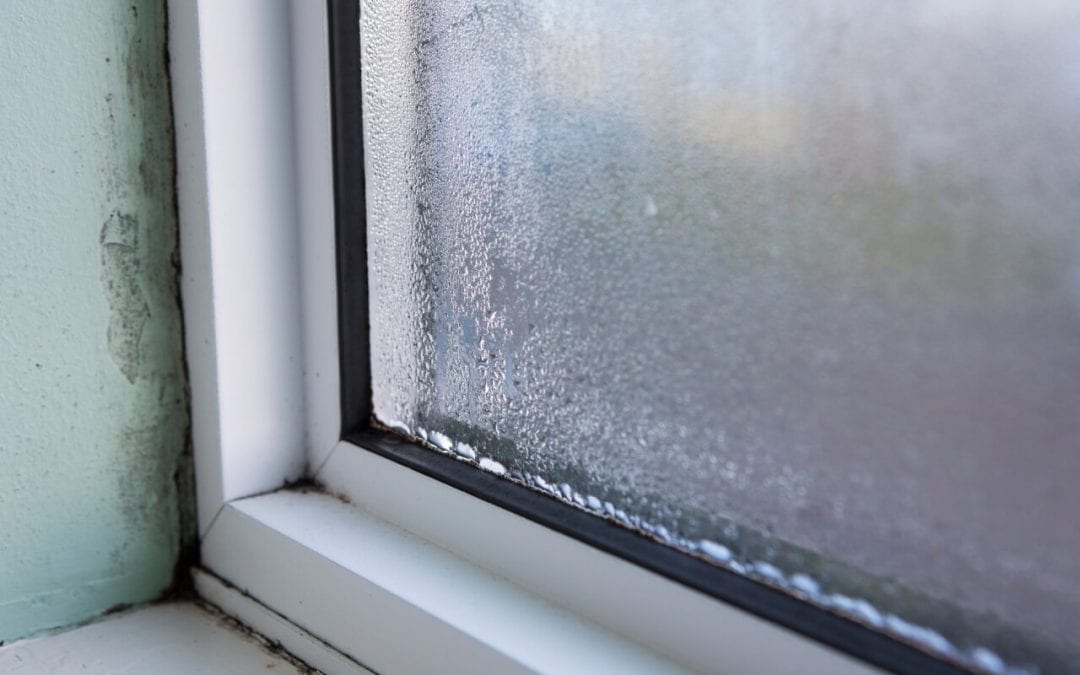Water Spills are Common Causes of Mold Growth
It’s easy to ignore a spill if it’s only water. It might not seem like much at the moment, but it contributes to mold growth if it seeps into the carpet’s padding. Dry any liquid spills immediately to prevent stains, damage to flooring, and mold growth.
High Humidity Levels
To prevent mold, keep the humidity level below 60% inside your home. High humidity causes condensation to form on floors, walls, and windows. The result is often mildew and mold growth. Use a quality dehumidifier in any damp areas to reduce the level of moisture in the air.
Overwatered Houseplants
Overwatering plants causes soggy soil that rots the roots of plants and encourages mold to grow. If you notice white fuzz growing on plant soil, remove the top inch of dirt and replace it with fresh potting soil. Learn about each houseplant’s specific requirements so you’ll know how much water is necessary.
Plumbing Leaks are Often Causes of Mold Growth
Small plumbing leaks that persist for extended periods of time cause mold growth. Even small leaks from under the kitchen sink and behind the washing machine will turn into larger problems when water damage and mold form as a result. Repair leaks around the house as soon as you notice them.
Pick up Wet Clothes or Towels
Don’t leave wet towels or damp clothes lying around. Mold can grow in as little as 24 hours in the right conditions. Prevent this from happening by drying wet towels and clothes right away. Don’t let wet items sit in the laundry basket. If you cannot wash them right away, hang wet towels, swimsuits, and damp clothing to dry before tossing it in with the rest of the dirty laundry.
Don’t Cause Mold in the Kitchen
Don’t let moisture build up in your kitchen and cause mold or mildew to develop. Open a window when cooking or use the ventilation fan above your stove. Keep the sink free from standing water and wipe up spills immediately. Don’t leave a wet dishcloth on the countertop or toss damp hand towels on the floor. Instead, spread them out to dry and launder kitchen towels regularly.
ARK Inspections provides home inspections to customers in the Twin Cities. Contact us to schedule our services.

